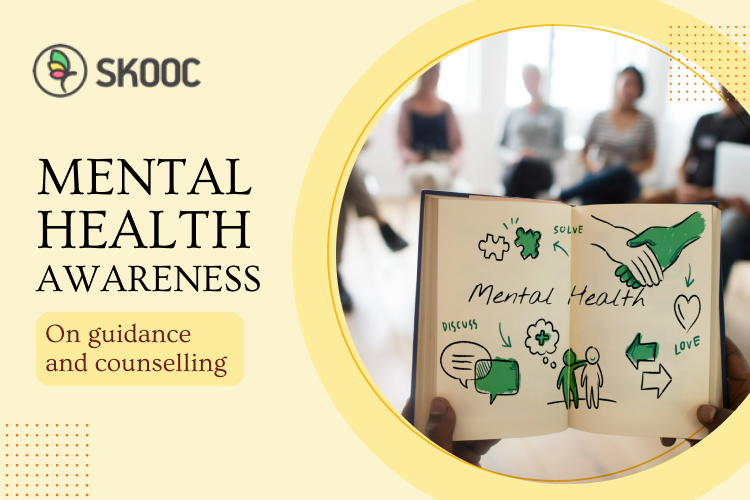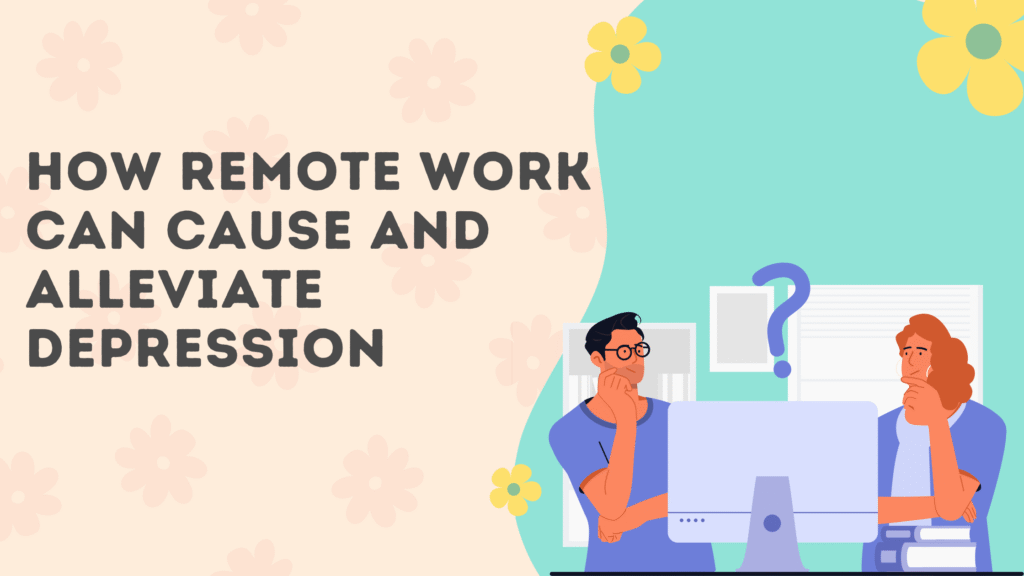
The Double-Edged Nature of Remote Work
Over the past few years, remote work has rapidly become a common way of working for many professionals. With the flexibility to set their own schedules and the convenience of working from home, employees often experience greater autonomy and control over their daily work hours. This shift in the working environment has offered many people relief from long commutes and traditional office stressors.
However, remote work also brings its own set of challenges, especially when it comes to mental health. While it can reduce some sources of stress, it may also contribute to feelings of isolation and blur the boundaries between work and personal life. For some, this leads to symptoms of depression at work, including feeling overwhelmed or disconnected from colleagues.
This paradox highlights the complex ways remote work impacts mental well-being. In this blog, we will explore how working remotely can both contribute to and alleviate depression at work. We’ll also discuss practical strategies for managing mental health, recognizing signs of depression, and creating a healthier work-life balance in a remote setting.
The Complex Relationship Between Remote Work and Mental Health
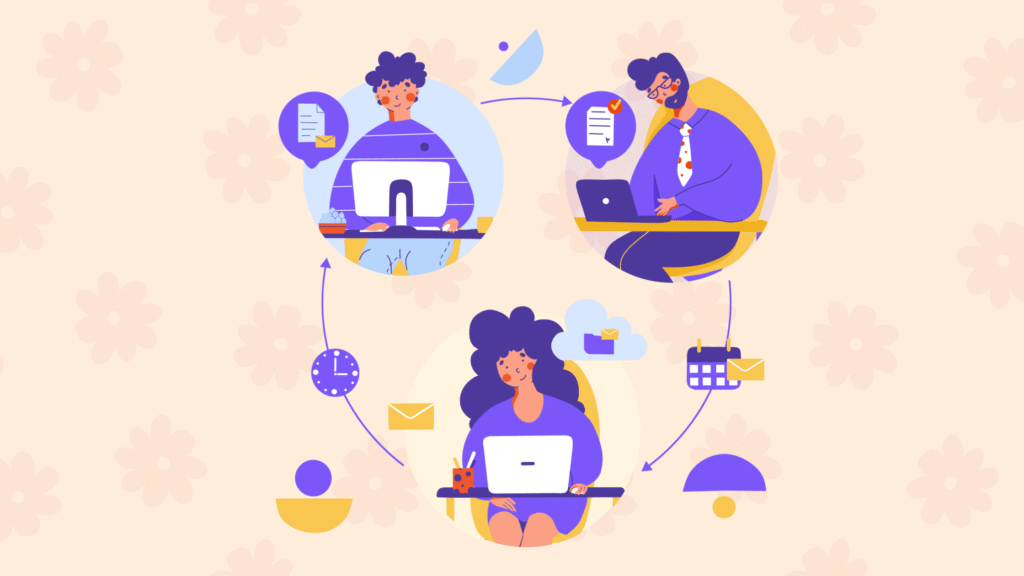
The way we work has a profound impact on how we feel. Our daily working environment whether it’s a buzzing office or the quiet corner of a living room can shape our mood, stress levels, and overall mental health.With the rise of remote work, many employees have found themselves navigating a completely new work structure, and this shift has brought about a wide range of psychological effects.
The Psychological Effects of Work Environments
In traditional office settings, there’s often a built-in rhythm to the day: set work hours, social interactions, and clear physical boundaries between professional and personal life. These external structures can provide a sense of routine and predictability, which helps regulate emotional balance and reduce decision fatigue.
Remote work, by contrast, demands a high level of self-management. While this can be empowering for some, it can also become overwhelming for others. Without a clear separation between work and home, many people find themselves slipping into longer hours, skipping lunch breaks, or struggling to “log off,” all of which can contribute to chronic stress, burnout, or even depressive symptoms at work
Why Remote Work Impacts People Differently
The effects of working from home on mental health are far from universal. In fact, they’re deeply influenced by individual differences, personality traits, coping styles, and life circumstances all of which play a significant role.
1. Personality Traits & Coping Styles
Extroverts often thrive on face-to-face interaction and may find remote work isolating, which can lead to feelings of loneliness and disconnection over time.
Introverts, on the other hand, might experience remote work as a relief from the overstimulation of office environments, benefiting from the quiet and solitude it offers.
Neurodivergent individuals, including those with ADHD, Autism Spectrum Conditions, or who identify as Highly Sensitive Persons (HSPs), may experience remote work differently. While some may appreciate the reduced sensory input and flexible schedules, others may struggle with the lack of structure or face challenges in maintaining focus and motivation.
2. Demographic Variations and Life Circumstances
Young professionals, especially those living in shared spaces or without access to a dedicated home office, often report higher levels of stress when working remotely. The lack of boundaries and constant distractions can take a toll on their productivity and mental health
Parents, particularly those with young children, may face a different kind of pressure juggling career goals with household responsibilities, often without adequate support. This constant multitasking can leave little room for self-care or mental rest.
On the flip side, individuals living alone may struggle with social isolation, which can increase feelings of loneliness and contribute to depression at work if not proactively addressed.
Understanding these nuances is key to addressing mental health in remote work settings. What works well for one person might be a trigger for another, and a “one-size-fits-all” approach simply doesn’t apply when it comes to psychological well-being.
How It Can Contribute to Depression

While remote work can offer freedom and flexibility, it’s not without its psychological drawbacks. For many, the challenges of working from home can slowly build into deeper issues, especially when left unaddressed. From social disconnection to blurred boundaries, let’s take a closer look at how remote work environments can contribute to depression at work.
Social Isolation and Loneliness
One of the most significant mental health challenges of remote work is the loss of casual, everyday interactions. In traditional workplaces, small talk in the hallway or spontaneous conversations over coffee might seem trivial, but these moments play a powerful role in maintaining social connectedness and emotional support.
Without regular in-person interactions, many remote workers begin to feel disconnected from their colleagues. This sense of isolation can lead to emotional withdrawal, decreased motivation, and a general sense of loneliness. Over time, the absence of “watercooler talk” and informal bonding can contribute to a decline in mood and overall mental well-being.
Blurred Work-Life Boundaries
When your workspace and personal space share the same four walls, it becomes increasingly difficult to draw a line between when work ends and life begins. Many remote workers find themselves checking emails late into the evening or responding to messages during lunch breaks,creating a cycle of always being “on.”
This lack of separation can lead to chronic stress, sleep disturbances, and eventually burnout. The psychological toll of never fully “switching off” not only disrupts work-life balance but can also amplify symptoms of depression and anxiety.
Increased Workload and Overworking
Ironically, while remote work is often marketed as a pathway to improved work-life balance, many employees report working longer hours from home than they did in the office. This is part of what’s known as the productivity paradox: more flexibility comes with a hidden pressure to prove one’s efficiency.
Without the visibility of in-office presence, employees may feel the need to constantly demonstrate their value. This can result in skipped breaks, excessive screen time, and a tendency to overwork all of which contribute to mental fatigue and increased emotional strain.
Digital Fatigue and Overstimulation
Remote work relies heavily on digital communication tools, but the constant stream of Zoom meetings, emails, Slack messages, and notifications can quickly become overwhelming. What starts as convenience can turn into digital fatigue, leaving workers mentally drained, overstimulated, and less able to focus.
Moreover, remote routines often lack natural movement. With no need to commute or walk between meetings, many workers end up spending hours seated in front of screens. This sedentary lifestyle not only impacts physical health but also contributes to low energy levels, tension, and mood disturbances.
Lack of Managerial and Peer Support
In a virtual environment, communication gaps can widen. Without frequent check-ins or casual team interactions, many remote workers may feel overlooked, undervalued, or even invisible. When feedback is delayed or unclear, it’s easy to misinterpret silence as criticism or worse, indifference.
For those experiencing depressive symptoms at work, reaching out for help in a digital workplace can feel especially difficult. Without a supportive culture or visible mental health resources, employees may hesitate to speak up or seek assistance.
Job Insecurity and Anxiety
Remote workers often experience a heightened sense of job insecurity. With fewer face-to-face interactions, some may worry they’re not “seen” enough to be recognized for promotions or new opportunities. Others may fear being replaced or downsized because of their physical absence from the office.
This underlying anxiety can fuel imposter syndrome, a persistent fear of not being “good enough,” even when there’s evidence of success. Over time, this chronic pressure can chip away at confidence, motivation, and emotional well-being.
How It Can Alleviate Depression
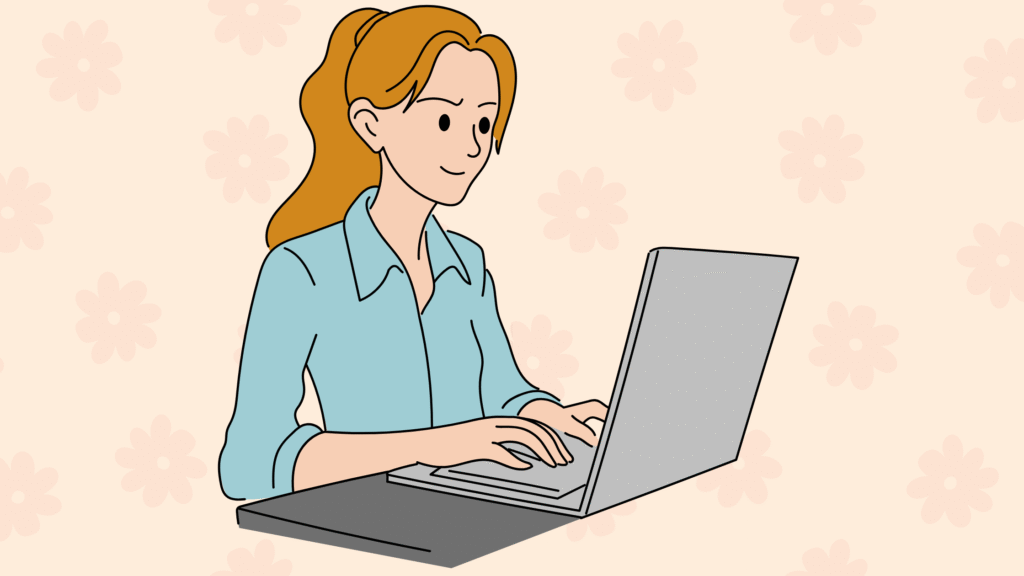
While remote work does pose certain mental health challenges, it also opens up unique opportunities for improving emotional well-being especially when approached intentionally. For many, working from home can serve as a protective factor against the very stressors that contribute to depression at work. Here’s how remote work, when structured mindfully, can actually support mental health.
Flexibility and Autonomy
One of the most immediate benefits of remote work is the flexibility it offers. The ability to set your own schedule allows for better alignment with your natural rhythms and personal needs. Whether it’s starting the day with a walk, taking a midday break for meditation, or working during your peak productivity hours, having control over your routine can significantly reduce stress.
This autonomy often creates space for more meaningful work-life balance. It enables people to prioritize self-care, spend time with loved ones, and even engage in hobbies or side projects all of which contribute to a stronger sense of purpose and emotional fulfillment.
Elimination of Commute Stress
Long commutes can drain energy before the workday even begins. By eliminating that daily grind, remote workers regain valuable time and mental bandwidth. Many use this extra time to sleep longer, exercise in the morning, or prepare healthy meals all habits that have been shown to positively impact mental health.
What might have been an hour spent stuck in traffic can now be used to start the day with intention, helping to ground emotions and set a calmer tone for the work ahead.
Control Over the Work Environment
Remote work gives individuals the power to shape their own workspace in a way that feels comfortable and calming. Whether it’s playing music, working in natural light, or simply avoiding office distractions, the ability to customize your environment can have a big impact on emotional regulation and focus.
It also provides distance from workplace stressors like toxic colleagues, micromanagement, or office politics. For those who find traditional office dynamics mentally draining, this freedom can be incredibly liberating and even therapeutic.
Increased Productivity in a Comfortable Setting
Many people find they do their best work in solitude. Without the constant interruptions or overstimulation that often come with in-person offices, remote workers can dive deeper into tasks, think more creatively, and finish work more efficiently.
This sense of accomplishment, when paired with reduced social pressure, can improve self-esteem and reduce the kinds of workplace stress that often contribute to depression. The ability to work in sync with your preferred pace and style can be empowering and energizing.
More Opportunities for Mental Health Support
Remote work also makes it easier to integrate mental health care into daily life. Whether it’s attending online therapy during a lunch break, using mental health apps for mood tracking, or practicing mindfulness between tasks working from home creates flexibility for wellness routines that may be harder to maintain in a rigid office schedule.
Moreover, many employers are now recognizing the importance of supporting remote workers’ mental health. More organizations are offering employee assistance programs (EAPs), virtual counseling sessions, and mental health days all aimed at reducing the burden of depressive symptoms at work.
Staying Grounded: How to Thrive Mentally in a Remote Work Setup
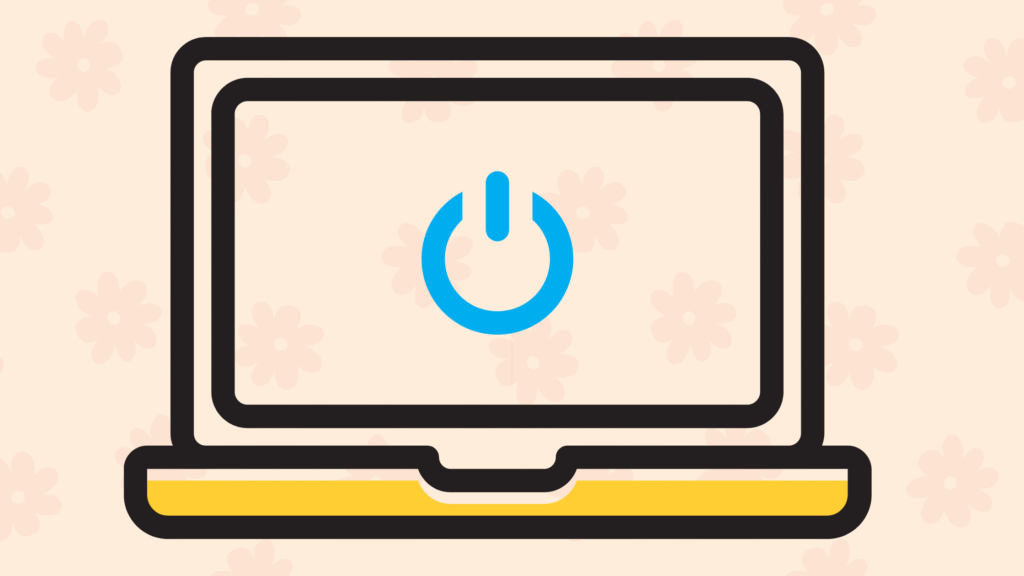
Remote work while offering flexibility and autonomy can be mentally challenging without proper boundaries and support. When working from home lacks structure, it’s easy to slip into patterns that blur work-life balance, increase stress or heighten feelings of social isolation. The key is to strike a balance. Here are some practical, everyday strategies to help maintain your mental health and emotional well-being in a remote work environment.
Create a Structured Work Routine
One of the most effective ways to protect your mental well-being is by establishing a clear work structure. Define your working hours and stick to them as much as possible, just as you would in a traditional office setting. Starting your day at a consistent time, scheduling regular breaks, and wrapping up work at a set hour helps maintain a healthy work-life balance.
Having a dedicated workspace even if it’s just a small corner signals to your brain: “this is work time.” When your work seeps into the rest of your day, it’s harder to mentally disconnect, which can contribute to burnout and increased stress. Setting physical and temporal boundaries creates the space your mind needs to truly rest.
Prioritize Social Connection
Social isolation is one of the biggest mental health risks in remote work setups, especially for those used to team environments or frequent in-person interaction. Make it a point to stay connected. Schedule virtual coffee breaks with coworkers, join professional Slack groups, or participate in online co-working sessions. These small efforts combat loneliness and maintain emotional support networks.
If possible, supplement virtual connections with in-person interactions meet a friend for lunch, attend networking events, or work from a local café occasionally. These moments help nurture social connectedness and counteract feelings of isolation common in remote work.
Communicate Your Needs to Your Employer
Mental health at work is not just a personal responsibility it requires systemic support. Be open about workload challenges, burnout symptoms, or the need for flexible hours with your manager or HR team. Honest communication can lead to accommodations like adjusted deadlines, reduced workload, or mental health days.
With more organizations recognizing the importance of employee mental health, speaking up helps you access valuable resources and supports a culture of openness that benefits everyone.
Set Realistic Goals & Break Tasks into Small Steps
Remote workers often struggle with procrastination or overcommitting, which can fuel stress and reduce productivity. Break larger projects into smaller, manageable tasks using tools like Trello, Notion, or Todoist to stay organized and focused.
Aim to complete 2–3 realistic goals daily instead of overwhelming yourself with an endless to-do list. Small wins build momentum, boost motivation, and support emotional resilience during challenging times.
Finding the Right Balance

Remote work isn’t inherently good or bad, it’s a dynamic model whose impact on mental health largely depends on how it’s structured and experienced. For some, it offers freedom, autonomy, and a chance to craft a workday that aligns with their personal rhythms and values. For others, it can create feelings of isolation, blurred boundaries, and increased pressure to perform, often in silence.
The key lies in acknowledging both sides of this experience. While remote work can alleviate certain stressors like long commutes or toxic office environments it can also introduce new challenges, such as digital fatigue, social disconnection, and overworking. Recognizing these risks is the first step toward creating a healthier remote work culture.
Maintaining mental well-being in a remote setup requires a proactive approach: building structure into the day, seeking connection, setting clear boundaries, and communicating openly with employers. It’s equally important for organizations to foster psychological safety, provide mental health resources, and support flexibility without compromising support.
Depression at work is a real and pressing issue whether one is sitting in a cubicle or at the kitchen table. But with mindful adjustments, both individuals and employers can transform remote work into a model that supports productivity and emotional well-being.
In the end, it’s not just about where we work but how we work, who we connect with, and how well we care for ourselves and each other in the process.
